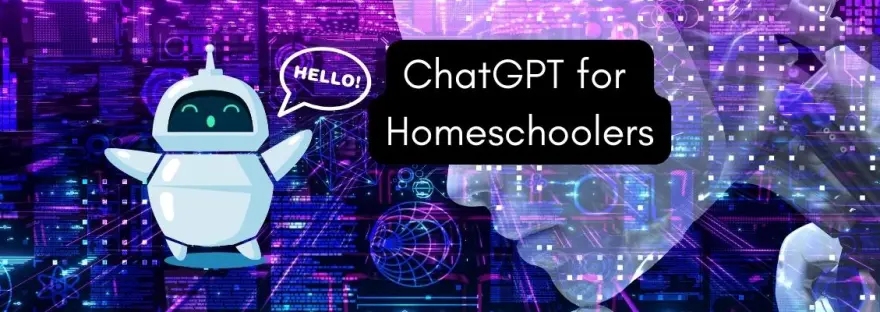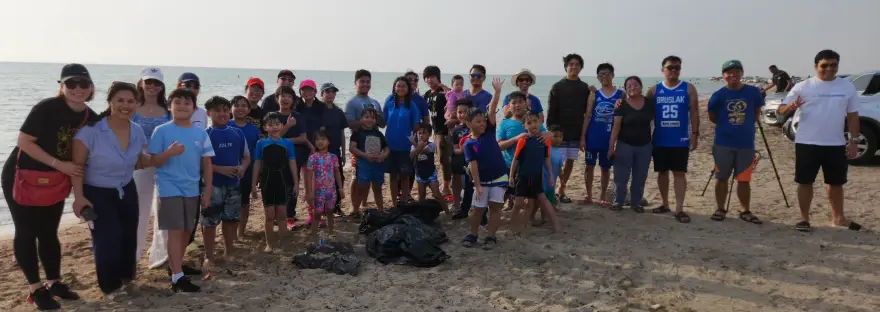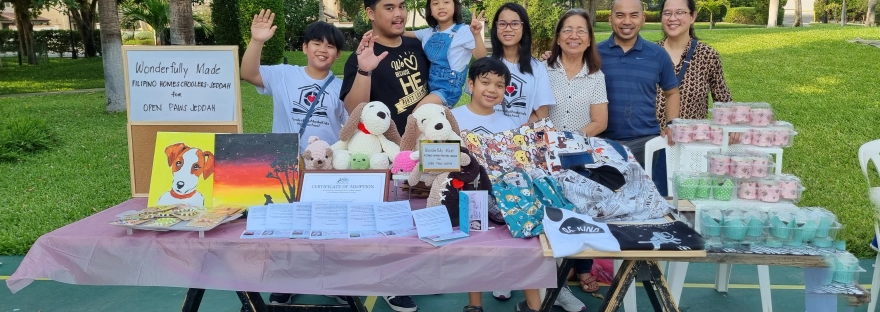Going back to our roots
The Komisyong sa Wikang Filipino theme for Buwan ng Wika this August of 2021 is, “Filipino at mga Katutubong Wika sa Dekolonisasyon ng Pag-iisip ng mga Pilipino.”
As explained in a webinar by Dr. Edwin R. Mabilin, one of the country’s top scholars of the Filipino language, it is imperative that we remember as a nation who we really are by going back to our history and recognizing and cultivating pride in our rich heritage and culture.
The Philippines before colonization
The Spaniards came to the Philippines 500 years ago, and their 400-year stay plus the time that the country was also under American rule shaped our people’s minds that the white conquerors are the superior race. The idea that our country was “primitive” and that it is the white people who made our people “civilized” is known as “colonial mentality.”
However, this mentality is false. The fact is, before they came, our ancestors had a thriving civilization with their own form of goverment and their own unique art and achitecture. They already had their own language and system of writing (one of which was Baybayin). It was a vibrant culture and their knowledge and skills allowed our ancestors to sail and trade with other nations. .
The importance of our native language
Our languages and dialects unite our people and brings us together through our shared culture. While it is understandable that we are at a time when being globally competent is given priority and being good at communicating in the universal language of English is highly encouraged and practiced, we should not forget to learn and continue to enrich our own native language.
Depending on how it is classified, the Philippines has around 120-175 languages and dialects spoken by its 111 million people. Most Filipinos have been led to the path of “Convergence,” which means embracing colonial mentality and becoming slaves to the foreign language and culture whether they realize it or not. The native language and culture is brushed aside while the foreign influences are celebrated and continue to be most popular. But then there are those who have chosen to go to the path of “Divergence” such as our national heroes who resisted the foreign invaders and valiantly fought for our nation’s freedom. At present, there are few who still truly recognize and appreciate our ancestry and heritage and seek to promote respect and pride for our native culture and language.
The symbols on the poster explained

The boat reflects our Austronesian heritage and how our ancestors travelled the world as seafarers, making the boat an instrument in the prevalence of language and culture. It is a neutral symbol that all Filipinos can relate to — whether they are Christian, Muslim, or “Katutubo” (Native).
The wave is made up of the names of the different languages and dialects spoken in the Philippines, a reminder that we may have different languages, but we are in the same sea. We are guided by the boat to look back at reflect on what unites us and not to dwell on our differences — a strategy that conquerors have exploited time and again to weaken us and drive us apart.
We can be set free from this by bringing back the dignity and respect for our native language and culture and honoring the people who own it. This is the process by which we can be “decolonized.”
A spiritual reflection
This idea of “convergence” and “divergence” has brought into mind the reality of a spiritual battle that we are all in as well. When we trace our roots and seek to find who we really are as Filipinos, let us not forget to dig even deeper. We are not only Filipino citizens, but citizens of heaven. Our original self is to be “children of God.”
Convergence or embracing the foreign influences in a spiritual sense is being slaves to sin and following the ways of the world. Divergence then, is the breaking away from this mindset — it is the renewing of one’s mind and fighting to be free — free from the bondages of a sinful life. In essence, becoming “decolonized” is like dying to our old self and being “born again.”
The boat that guides us back to our roots — this is like the Holy Spirit that leads us back to Christ. When we remember who we are — children of God and heirs to His kingdom — our perspective changes. We no longer conform to the patterns of this world and walk in darkness, but instead strive to live as children of the light.
"Do not conform to the pattern of this world, but be transformed by the renewing of your mind. Then you will be able to test and approve what God’s will is—his good, pleasing and perfect will." - Romans 12:2 "For you were once darkness, but now you are light in the Lord. Live as children of light." - Ephesians 5:8
A time to celebrate our culture and faith
“It is not our differences that divide us. It is our inability to recognize, accept, and celebrate those differences.” ― Audre Lorde
The Filipino culture reflects the people’s faith and our world-famous hospitality, the diversity in ways of life across the archipelago, the captivating beauty of our nature, and our exuberant celebration of life reflected through the different languages, literature, arts, music, customs, and traditions that are rooted in our country’s rich history.
As we celebrate Buwan ng Wika, may our respect for each other’s differences grow, and as we learn more about our common interests, may it widen our understanding of other people’s point of views as it broadens our own. Let our rich culture and heritage bring us together to embrace who we really are as FIlipinos.
Most importantly, may our faith be strengthened as well; our minds renewed, our hearts enlightened. Look to the Holy Sprit as our guide. Live as children of God, live as children of light.




